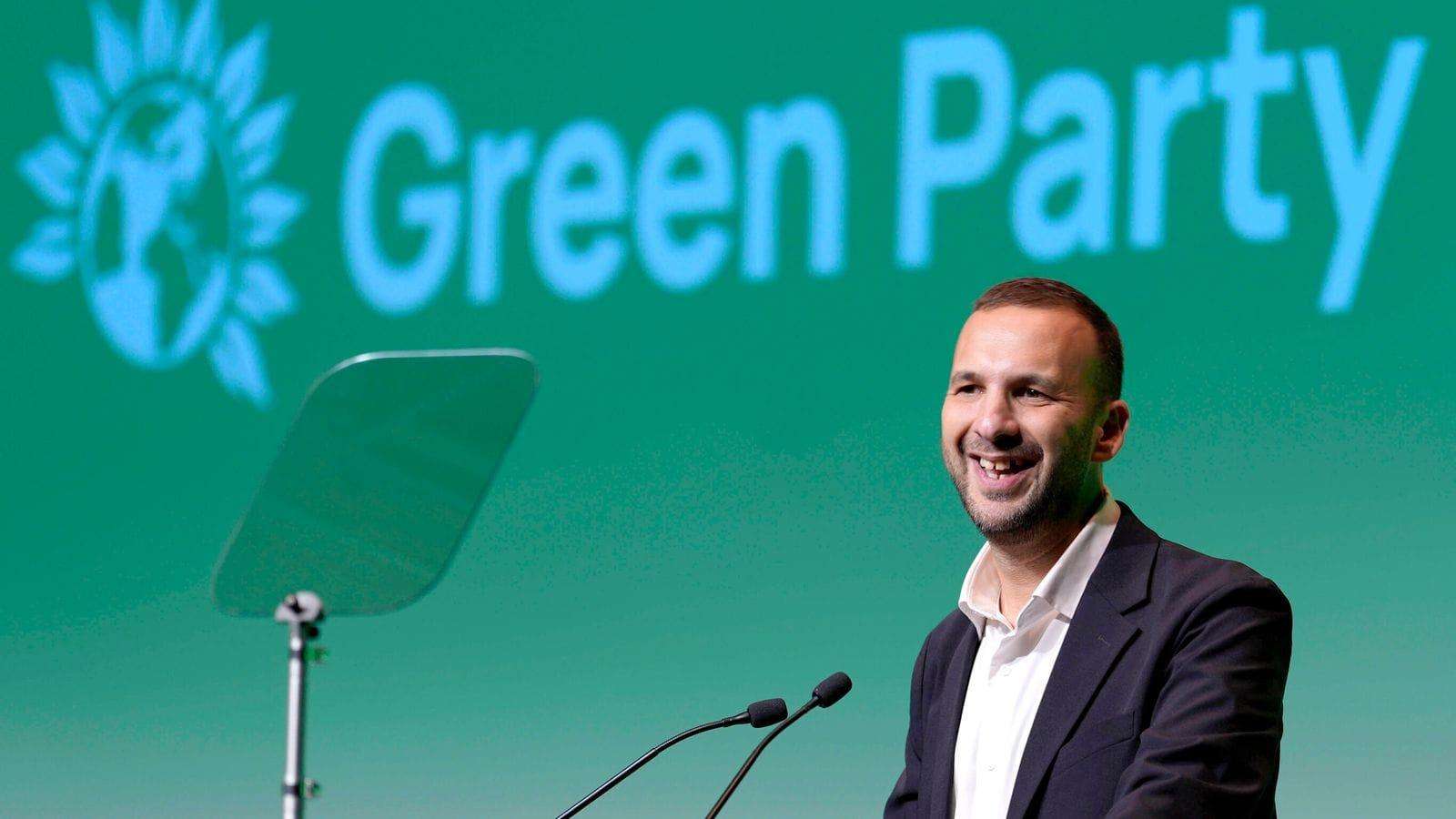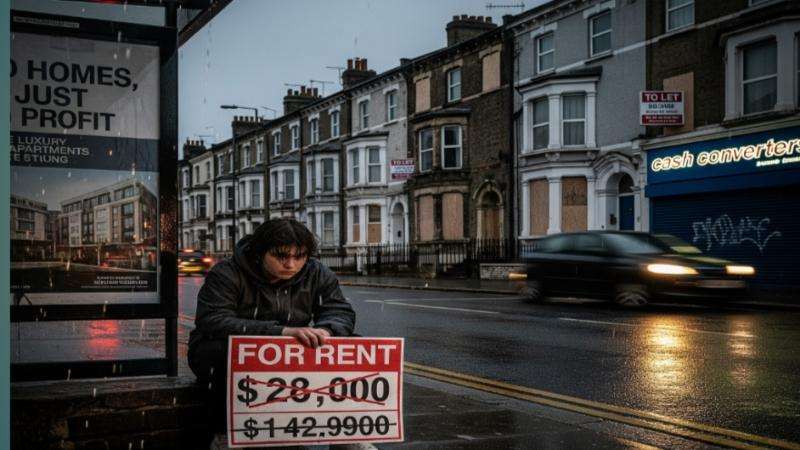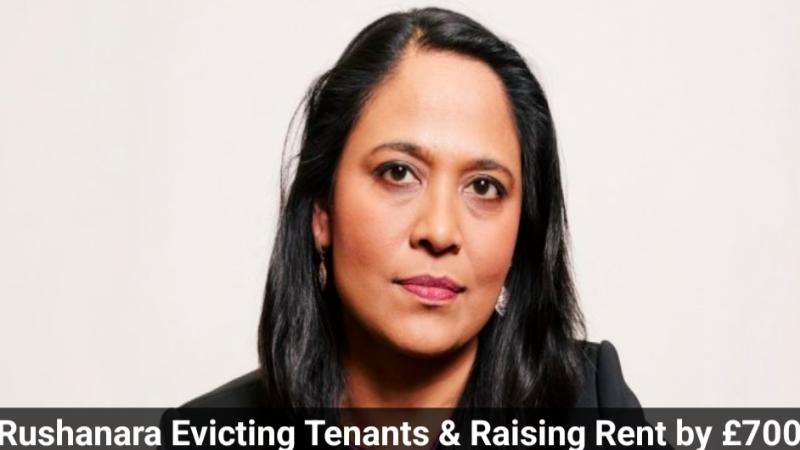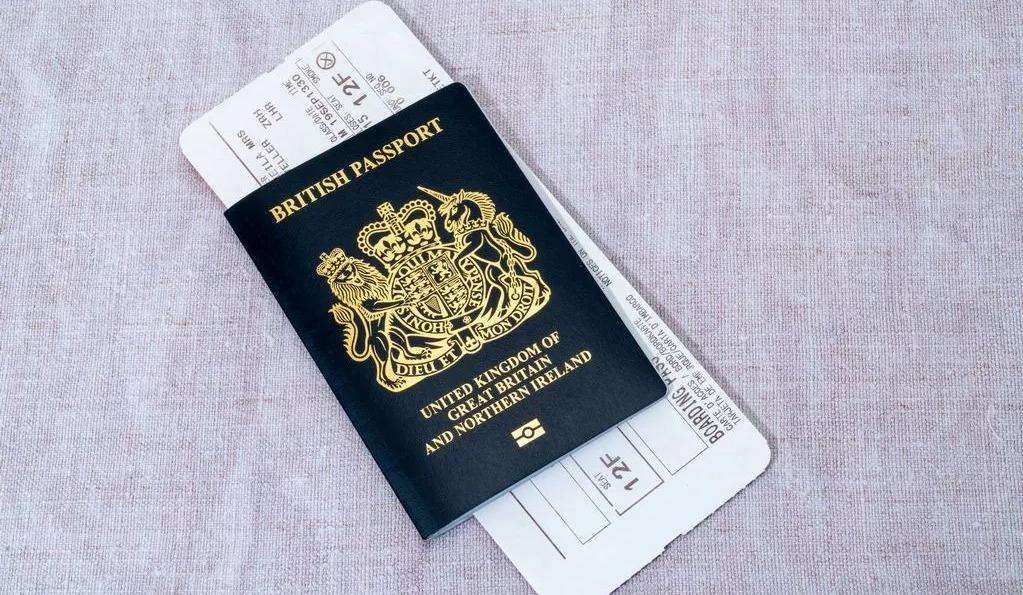Spending on mortgages and rent in the UK has surged, reaching a 5.2% increase in the year to July 2025. This rise, coupled with a 2.2% increase in utility costs, is putting a severe strain on household finances and eroding renters' confidence in the housing market, according to new data from Barclays, Daily Dazzling Dawn understands.
Rent and Mortgage Spending Outpaces Inflation
New data from Barclays reveals that spending on fixed housing costs—rent and mortgages—has climbed by 5.2% in the last year, a rate significantly higher than the 3.6% inflation figure reported by the Office for National Statistics (ONS) in June. This trend means that a growing portion of consumers' disposable income is being diverted away from savings and other expenditures simply to cover essential living costs.
The average UK property price has also seen a steady increase, with Nationwide's latest house price index showing a 2.5% annual rise to £271,619 in June. This dual pressure of rising housing costs and stagnant savings is creating a perfect storm for renters, making the dream of homeownership seem increasingly unattainable.
Renters' Confidence Plummets
The financial squeeze has led to a dramatic drop in confidence among renters. Just 12% of renters believe they'll be able to buy a home within the next year, and only 16% are optimistic about doing so within five years. The data shows this lack of confidence is not just a feeling, but a financial reality: only 17% of renters were actively saving for a house deposit in July, a significant decline from 31% in January.
This pessimism is also reflected in the broader housing market, with a survey of both renters and homeowners by Barclays finding that only 26% of consumers feel confident in the overall UK property market. As Jatin Patel, head of mortgages, savings and insurance at Barclays, notes, "renters are finding it ever harder to save for a deposit while keeping up with rising costs."
Affordability Challenges and Economic Impact
Affordability is a major barrier, with 37% of renters stating they simply cannot afford to buy a home in their desired location. This issue disproportionately affects renters, as housing costs consume a larger portion of their income (30.8%) compared to homeowners (26.6%). Consequently, a staggering 26.6% of renters report struggling to afford their monthly housing costs, a figure nearly twice that of homeowners (15%).
Will Hobbs, managing director of Barclays Private Bank and Wealth Management, acknowledges that while the UK economy is showing signs of resilience, a lack of consumer confidence is holding back "pent-up spending power." He suggests that restoring confidence is key to unlocking this economic potential.
Interest Rate Cuts and The Hope of Homeownership
Despite the bleak outlook, there's a glimmer of hope. Repeated interest rate cuts by the Bank of England since July 2024 have changed perceptions, with over half of consumers now believing that renting is more expensive than paying a mortgage. This shift, combined with some savers creating "strong habits," offers a potential path forward, as Jatin Patel observes. However, the challenge for many renters remains a difficult choice: save for a smaller deposit to get on the ladder faster or save for a larger deposit to secure lower monthly repayments in the long run.


_3.jpg)
_4.jpg)




.svg)



